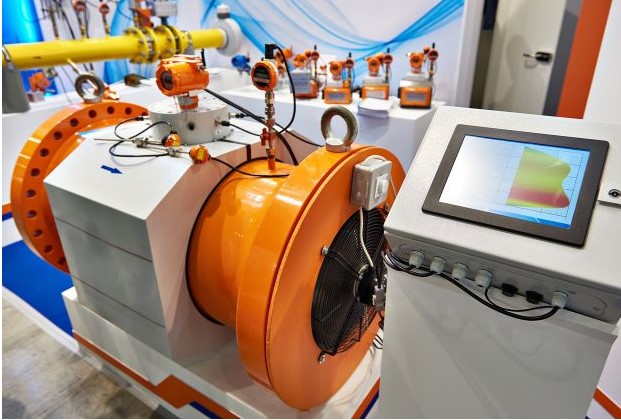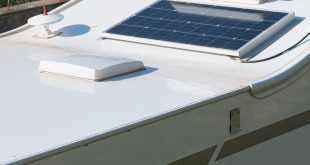Water treatment systems are essential for protecting public health and the environment, ensuring safe water consumption and preserving ecosystems from pollution. Technology plays a critical role in maximizing the efficiency and operation of water treatment. Many must-have technologies for water treatment provide solutions for purification, filtering, and management of water resources. Discover how they have revolutionized water management.

Ultrasonic Flow Meters
Flow meters are vital in water treatment systems because they measure the rate of flow through the system and provide essential information for smooth operations. They measure the velocity of a fluid with ultrasound to calculate volumetric flow, providing data for monitoring processes and detecting potential issues in the system. One of the many advantages of ultrasonic flow meters in water applications is that they provide non-invasive measurements—the device measures the flow without any interference. Ultrasonic flow meters also provide precise measurements and real-time readings, enhancing water treatment system operations in ways like timely problem detection and contamination-free data collection.
Membrane Technology
Membrane technology removes contaminants, such as bacteria and sediment, from water through a selective barrier. The membrane—selective barriers—could be cellulosic, polymeric, or ceramic. Effective water treatment filtration is the key to creating healthy homes, so filtration systems like membrane technology are essential at water plants. The most popular membrane technologies in water treatment systems include the following:
Reverse Osmosis (RO)
Reverse osmosis uses high pressure to push water through a semi-permeable membrane like a polymeric membrane, separating it from contaminants. RO removes dissolved impurities, heavy metals, and pathogens from water, making it safe for consumption.
Ultrafiltration (UF)
Ultrafiltration uses a membrane to separate microscopic particles, including bacteria, viruses, and colloids, from water. It is typically a pre-treatment before RO in the water treatment process. UF systems are considered environmentally-friendly, as they consume minimal energy and do not use chemicals.
Microfiltration (MF)
Microfiltration is common for removing large particles, such as sediment and algae, from water. MF membranes have large pores, and the process is a preliminary filtration step like UF. By filtering out large particles, MF reduces the load on subsequent filtering stages, enabling them to function more effectively.
Ultraviolet (UV) Disinfection
Ultraviolet disinfection serves as a chemical-free method to treat water. It exposes water to light at the ultraviolet wavelength to destroy harmful bacteria and viruses. The UV light deactivates harmful microorganisms by penetrating their cells and altering their DNA, preventing them from reproducing. UV disinfection technology provides an environmentally friendly solution to water treatment that doesn’t alter the water’s taste, odor, or color. As a bonus, UV disinfectants streamline water treatment processing by requiring minimal upkeep and human-involvement.
Technological implementations in water treatments guarantee cleaner water for consumption. Without this valuable technology, water treatment solutions would be outdated and inefficient, posing many health risks and environmental setbacks. These three must-have technologies for water treatment make it more efficient, sustainable, and adaptive to humanity’s changing needs and circumstances. If you are looking to enhance your water treatment systems, these technologies are a great place to start.
 World inside pictures Collect and share the best ideas that make our life easier
World inside pictures Collect and share the best ideas that make our life easier








